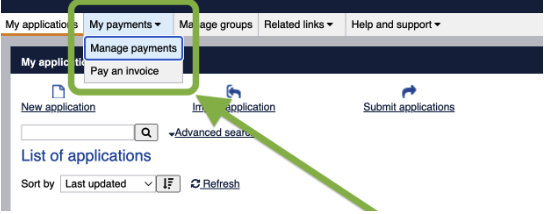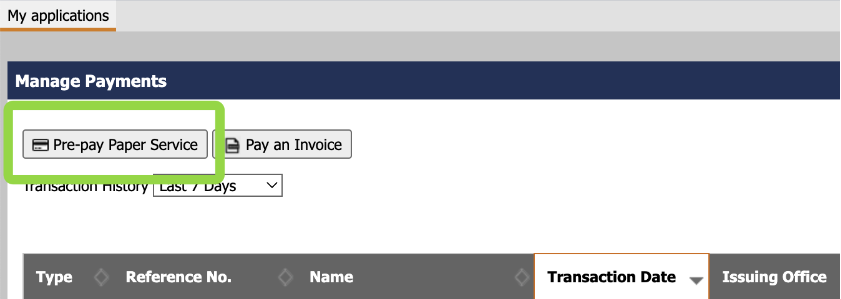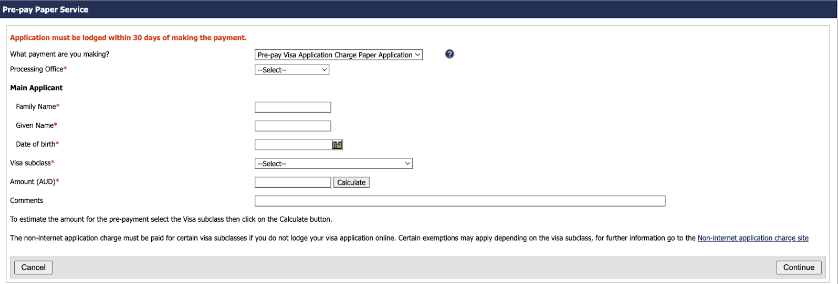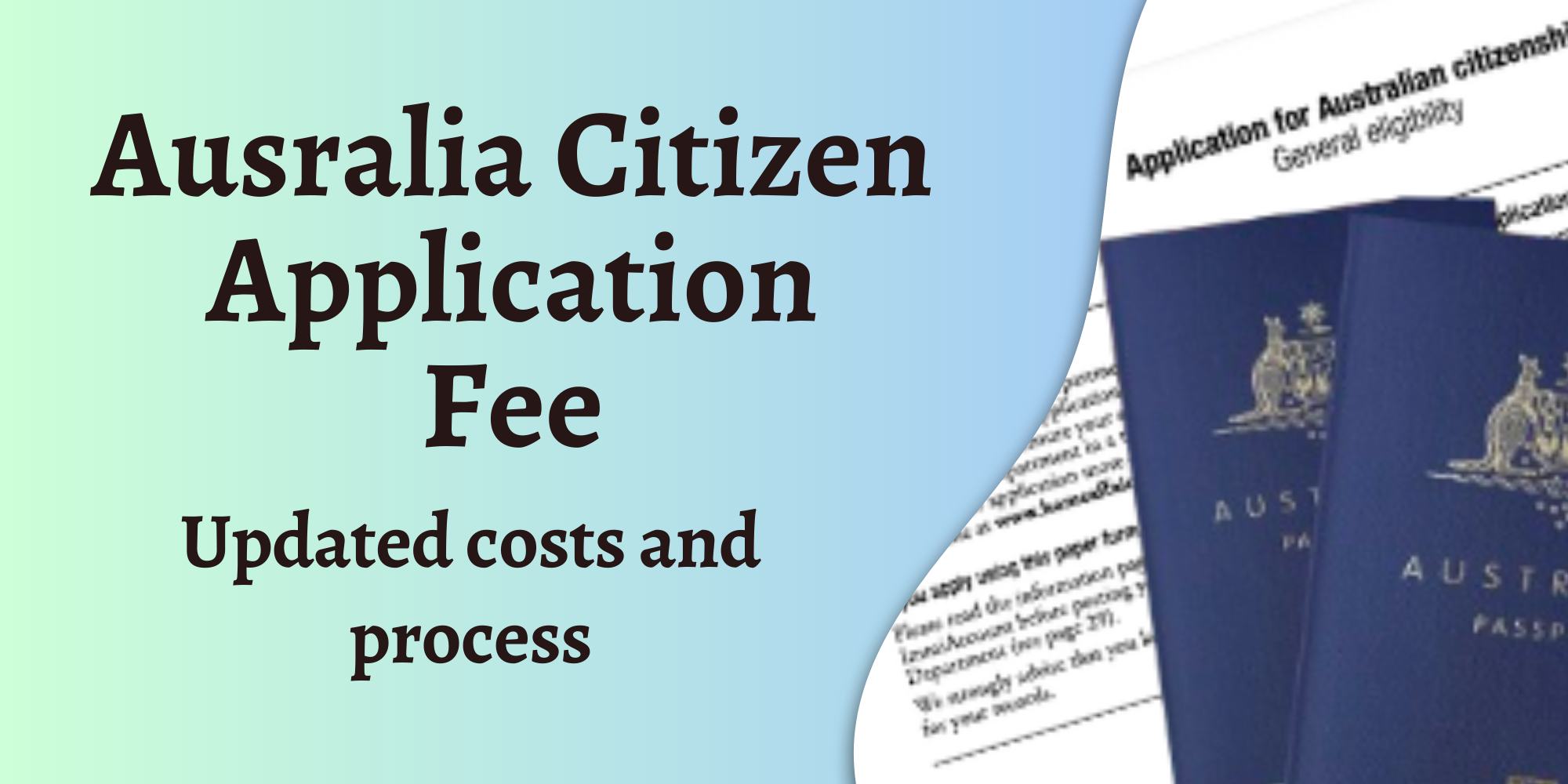If you’re on your way to becoming an Australian citizen, you’re probably wondering how much Australia’s citizenship application fee? The costs can differ based on the type of citizenship application you’re pursuing, and we’ve categorised this guide accordingly for you.
Payment and citizenship application processes, as well as requirements, are covered in this guide.
| Important: As of writing, the costs shown below reflect the latest citizenship fee updates, effective July 1, 2023. Note that fees may be adjusted every July 1st, based on the Consumer Price Index (CPI). |
How much does it cost to become an Australian citizen?
The Australian citizenship application fee depends on key factors like your application type, age, and individual circumstances.
Citizenship by Conferral Fees
This applies to Australian permanent residents and New Zealand citizens on a Special Category visa (Subclass 444). Below are the updated citizenship costs:
| Application Type | Citizenship Fee |
| General Eligibility: Form 1300t | |
| Standard (Ages 18 to 59) | AUD 540 |
| Dependent child, 15 years of age or younger, is applying with the parent | Nil |
| Concession fee | AUD 75 |
| Fee exemptions | Nil |
| Other Situations: Form 1290 | |
| Dependent child 15 years of age or younger applying separately and with parental consent | AUD 330 |
| Aged 16 or 17 | AUD 330 |
| Aged 60 years or over | AUD 330 |
| Concession fee | AUD 40 |
| Fee exemptions | Nil |
Check if you qualify for fee concessions or exemptions.
Citizenship by Descent Fees
This applies to individuals born overseas with at least one parent being an Australian citizen at the time of birth. Below are the associated citizenship fees:
| Application Type: Form 118 | Citizenship Fee |
| Single application / first sibling when two or more siblings apply | AUD 345 |
| Second and each subsequent sibling applying at the same time | AUD 145 |
Citizenship by Adoption Fees
This applies to children who were adopted by an Australian citizen under the Hague Convention or a bilateral arrangement. Below are the citizenship fees:
| Application Type: Form 1272 | Citizenship Fee |
| Single application / first sibling when two or more siblings apply | AUD 345 |
| Second and each subsequent sibling applying at the same time | AUD 145 |
Resumption of Australian Citizenship Fees
This applies to individuals who lost their Australian citizenship for various reasons – such as voluntarily renouncing it or having a parent who ceased to be an Australian citizen – and now seek to regain it. Below are the costs for a citizenship application:
| Application Type: Form 128 | Citizenship Fee |
| Application to resume Australian citizenship | AUD 230 |
| Child/children 15 years of age or younger applying with the parent | No fee |
Evidence of Australian Citizenship Fees
This applies to individuals who need to apply for proof of Australian citizenship for legal reasons or to seek a replacement because of loss or destruction due to natural disasters. Below are the citizenship fees:
| Application Type: Form 119 | Citizenship Fee |
| Separate application for evidence of Australian citizenship | AUD 265 |
| Application for replacement of evidence of Australian citizenship lost, destroyed, or damaged due to a natural disaster | No fee |
Concessions and Exemptions for Australian Citizenship Cost
You can check if you qualify for a discounted fee or exemptions from paying the cost of Australian citizenship by conferral.
Concession Fee
You may pay the citizenship fee at a discounted price if:
- You hold a Pensioner Concession Card issued by the Australian Government (Services Australia or the Department of Veterans’ Affairs)
- You’re under 18 years old, listed as a dependent on a Pensioner Concession Card issued by the Australian Government (Services Australia or the Department of Veterans’ Affairs) and applying independently
If you are eligible for a fee discount, you must apply via paper application.
Fee Exemptions
You may be exempted from paying the citizenship fee if:
- You’re a former child migrant from Britain or Malta who arrived in Australia without parents between September 22,1947,7 and 31 December 1967, under the Commonwealth Child Migration Scheme.
- You’ve served for a total of at least 90 days in the permanent forces of the Commonwealth of Australia.
- You’re applying under Statelessness provision (section 21(8) of the Australian Citizenship Act 2007)
You must apply on paper if you’re eligible for fee exemptions.
How to Pay the Australian Citizenship Application Fee
Online Application Payment Process
When you lodge your citizenship application via ImmiAccount, the last step requires you to make a payment. You can pay via:
- Credit card (surcharge of 1.40% to 1.99%, depending on the credit card)
- PayPal (1.01% surcharge applies)
- UnionPay (1.90% surcharge applies)
- BPAY
Note: Do not use the ‘Manage payments’ option, as this only applies to paper applications.
Paper Application Payment Process
If you applied via paper application, you must first send a pre-payment to your ImmiAccount. Below are the steps:
- Log into your ImmiAccount.
If you don’t have an account yet, check out our step-by-step guide on how to create an ImmiAccount.
- Go to the ‘My Payments’ tab and click ‘Manage payments’.

- Click ‘Pre-pay Paper Service’

- Select ‘Pre-pay Citizenship Paper Application’ and fill in all required fields.


Tip: You can use the ‘Calculate’ tool (beside the ‘Amount’ field) to help you determine the correct amount for your specific application.
- Choose your payment method (debit/credit card, PayPal, UnionPay), and fill in all the payment information required before clicking ‘Submit’.
Note: You must lodge your application within 30 days of making this payment.
Why do Australian citizenship fees keep changing?
The Department adjusts citizenship fees to account for inflation and other changes in the Consumer Price Index, as in the latest fee update on July 1, 2023. This ensures that the government can financially and sustainably manage all Australian citizenship applications smoothly.
Are there any other fees besides the citizenship application fee?
You may incur other expenses separately, particularly if requested during your application process, such as police certificates and other legal and supporting documents. These additional costs can vary depending on your specific circumstances.
How do I apply for Australian citizenship?
Below are the general steps for applying for Australian citizenship:
- Check if you meet eligibility criteria, which includes residency and character requirements among others.
- Fill in your application via your ImmiAccount. All necessary documents you must prepare and attach with your application are all outlined there.
In some cases, such as when you’re applying for citizenship fee concessions or discounts, you must complete a paper application. Complete the form appropriate for your circumstance:
- Citizenship by conferral – general eligibility (Form 1300t)
- Citizenship by conferral – other situations (Form 1290)
- Citizenship by descent (Form 118)
- Citizenship by adoption (Form 1272)
- Resumption of Australian citizenship (Form 128)
- Evidence of Australian citizenship (Form 119)
You must lodge your form with all the supporting documents to the postal address of the Department office closest to you.
- Attend your citizenship appointment, wherein your identity and original documents will be reviewed, and you’ll also take a citizenship test and have an interview.
Prepare for your appointment by studying about Australia’s history and society through a practice Australian citizenship test.
- Submit the other necessary documents asked for later on and wait for a decision on your citizenship application.
- Once approved, you must attend the citizenship ceremony.
Am I qualified to apply for Australian citizenship?
You may be eligible for Australian citizenship by conferral if you meet the general criteria below:
- You’re a permanent resident (PR) visa holder residing in Australia.
- You’ve been living in Australia on a valid visa for four years.
- You’ve held a permanent visa or SVC for the past 12 months.
- You haven’t been absent from Australia for more than 12 months in the past 4 years, with no more than 90 days away in the past 12 months.
- You demonstrate good character.
- You have a good understanding of the rights and duties of an Australian citizen.
- You plan to live in Australia or maintain a close link with Australia while abroad.
What are some visa pathways to Australian citizenship?
If you possess industry experience or specialised in-demand skills in Australia, you can explore Australian working visas, which are popular among international skilled workers.
Usually, you start with a temporary work visa before you get your permanent residency visa, such as going from Temporary Skills Shortage visa to a Regional Sponsored Migration Scheme 187 visa. Although, depending on your case, you can directly apply for a permanent working visa, such as a 186 visa Employer Nomination Scheme.
Family visas, as well as partner visas, can also help you get Australian citizenship by conferral.
Want to double-check your Australian citizenship eligibility?
If you’re still unsure about your circumstances, our migration agents at KBA global can give you professional eligibility advise and how you can move forward towards your dream of becoming an Australian citizen.
With 10 years plus of experience, we’ve assisted numerous clients worldwide, from handling complex paper work to lodgement and communication with authorities. Rest assured, we’ll keep you updated every step of the way.
Call us today for a free consultation.
Disclaimer: The above information is a general guide and not professional immigration advice. Be aware that immigration laws and regulations can change swiftly, potentially rendering some or all of the information outdated. Thus, before using the information above, we recommend checking the current laws with assistance from a migration agent or the Department of Home Affairs website.

